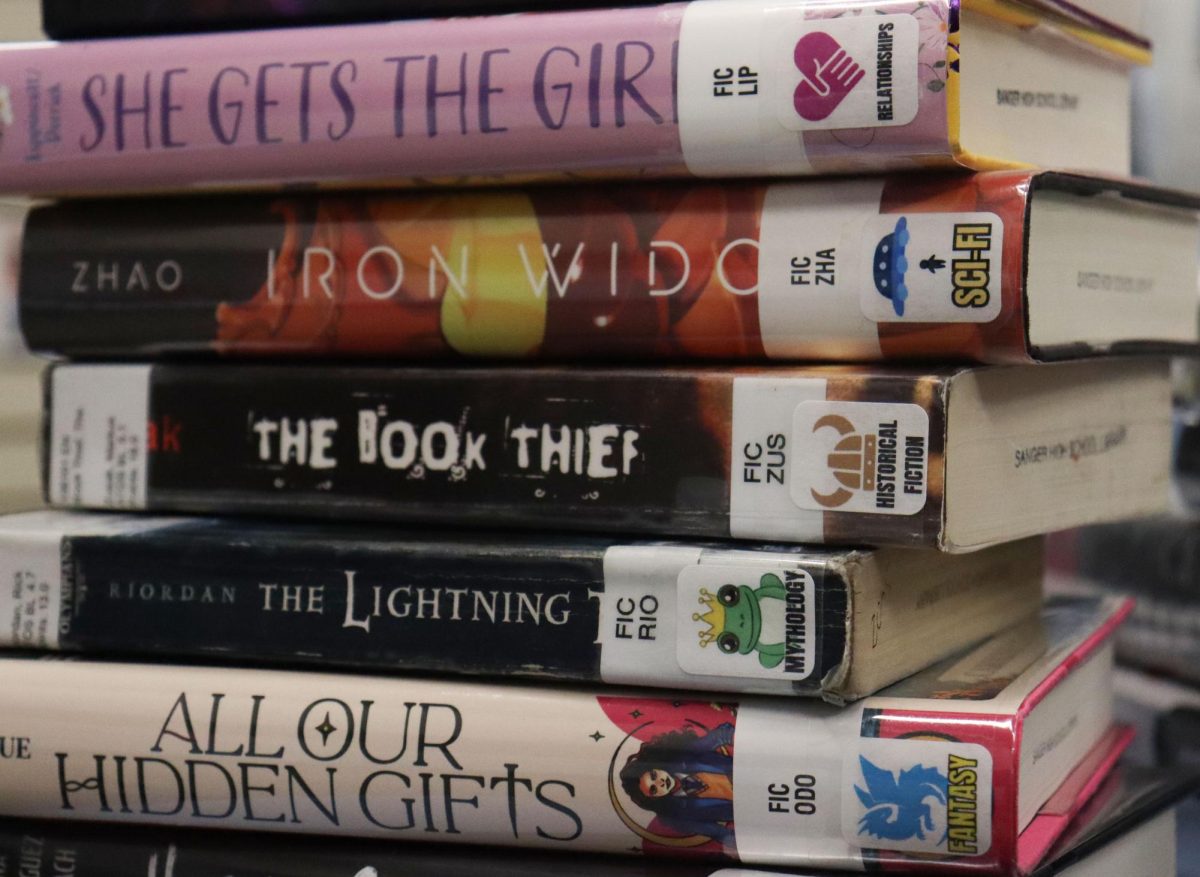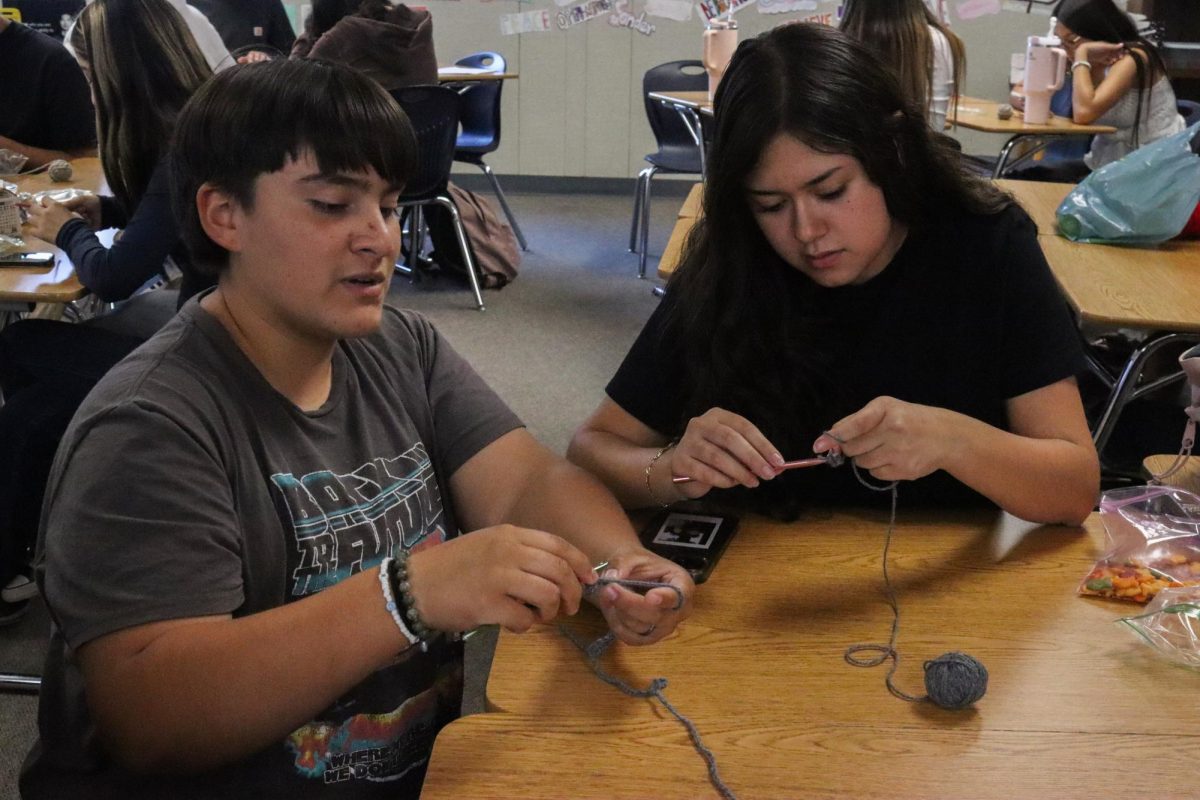Media on Murderers
Entertainment industry obsessed with serial killers
The new crime show “Dahmer” portrays the infamous serial killer and his notorious murders in the United States.
This show has reached the top of Netflix’s “most watched” and is considered to be one of the biggest shows.
However, the manner in which his crimes are depicted in the show desensitize the audience by creating a very stylized vision of the events that occurred. The production gives us a romanticized idea of the murderer.
“Dahmer” was both written and directed by Ryan Murphy, who has previously written for shows such as “American Horror Story.”
The story line of certain episodes showing Jeffrey Dahmer as a victim of bullying seem to blame or justify his murderous actions.
At first, he is almost portrayed as a victim, and this creates a sympathetic approach toward the character.
This suggestion leads toward a more fictional personification of the killer, which as a result, downplays the victims and their families who’ve experienced such difficulty.
Such as the case of Anthony Hughes, one of Dahmer’s real victims. The episode depicts altered events to show a more dramatic version of the murder. As the mother of Hughes spoke out on the topic of the murder.
“It didn’t happen like that” said Hughes’ mother.
Her statement changes the series of events that lead to the murder of Hughes. As a result, both the viewpoint of the murder and the opinions held about the events are softened.
Changing the events for dramatic purposes is a lack of consideration for the victim’s families as they are made once again to experience the violent murders in yet another recount.
And the show often rewrites what really happened to follow with a fictional plot line.
In the viewer’s mind, Dahmer the real person, changes into someone more sympathetic due to the writing in the show. It alters him and helps the viewer create a different opinion towards the killer.
Popular actor Evan Peters is well-known for his portrayal of characters in the “American Horror Story” series.
Peters’ interpretation of Dahmer is very convincing, but his performance romanticizes a killer due to his respect as an actor.
The audience may like the actor but they get a poor idea of the character itself.
As a result of the actor and the style of writing, the killer himself is celebrated for the wrong purpose.
The killer is thus glorified and remembered in a grander scheme when the truth is that the actor is the one merely interpreting the fictional version of the person.
Hollywood seems to have a love affair with normalizing or glamorizing real bad guys. “Dahmer” is not the only case of this poor use of recounting events of murderers.
Remember “Extremely Wicked, Shockingly Evil and Vile” featuring Disney, heartthrob Zac Efron as Ted Bundy or Ross Lynch as Jeffery Dahmer in “My Friend Dahmer.”
Other forms of Entertainment such as podcast have captured the essence of the murder and have analyzed these serial killers in different stylistic manners.
Other depictions of serial killers go within this path as well, these podcasts display many different versions of these murderers.
These podcasts reveal the horrific actions and truly go into detail of the case of these killers as it displays the actions committed to the victims.
Glorifying murderous events in American history results in a desensitization of the population, and results in the audience believing these actions are not as severe.
The viewers slowly become accustomed to the horrific acts without understanding empathy for the victims.
Recounting actual murder cases should be shocking and viewed with a sense of disgust and sadness.
The popularity of shows like “Dahmer” results in more and more productions featuring murderers and serial killers. The result will be that we have set a standard for viewing these types of programs.
These forms of entertainment provide no use to an audience as it lends positive ideas to such a negative concept.
Your donation will support the student journalists of Sanger High School. Your contribution will allow us to purchase equipment and cover our annual website hosting costs.

Javier Gonzalez was born in Fresno, but for his whole life he grew up in Sanger. Currently he is a senior at Sanger High School.
Gonzalez’s...






















